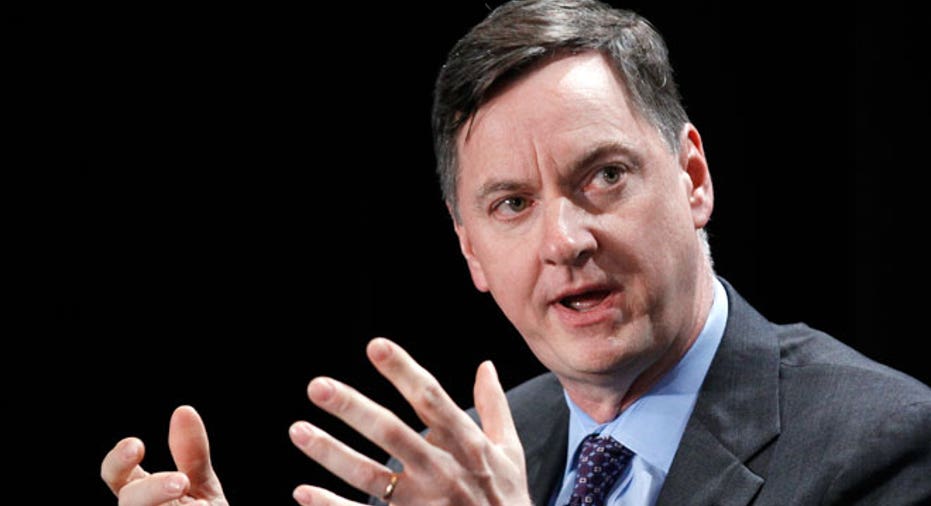Fed's Evans Sees Fiscal Boost to U.S. Growth, Wants Slow Rate Hikes

The U.S. Federal Reserve should raise interest rates slowly even as fiscal policies under President Donald Trump are likely to help push economic growth beyond sustainable levels, Chicago Federal Reserve Bank President Charles Evans said on Friday.
"Appropriate policy calls for a slow pace of normalization in order to give the real economy an adequate growth buffer to withstand downside shocks," Evans said in remarks prepared for delivery at Prairie State College in Olympia Fields, south of Chicago. "I favor taking a gradual path for the adjustment of the funds rate back toward its long-run level."
The Fed in December raised rates for only the second time since the financial crisis, and this week held them steady to give labor markets and inflation a chance to strengthen further.
Most Fed officials see three rate hikes this year, a pace considerably faster than in 2016 and 2015 but much slower than in past rate-hike cycles. Evans, who votes this year on Fed policy, did not specify a preferred number of rate hikes for this year in his prepared remarks, though a few weeks ago said three is not "implausible."
Evans said he expects the economy to grow at a 2 percent to 2.5 percent annual pace for the next couple of years, faster than its long-run sustainable pace of about 1.75 percent. Evans said he raised his estimate for growth because of expected tax cuts and other stimulus under Trump and the new Congress.
Unemployment will fall to 4.25 percent over the next couple years, he predicted, well below its long-run sustainable rate of 4.7 percent. And that will help push inflation, now at about 1.7 percent, back up towards the Fed's 2-percent goal by 2019.
Some analysts have speculated that the expansionary fiscal policies Trump has promised would light such a fire under an economy essentially already at full employment that the Fed would have no choice but to hike rates faster to brake growth.
Evans on Friday did not seem too concerned about such a prospect. He warned, as he has before, that if the economy is pushed to grow at 4 percent for more than a couple years without structural reforms that boost productivity and labor force growth, inflationary pressures would build and would ultimately force the Fed to tighten financial conditions.
But he also said his estimates are for a much more moderate fiscal boost, though he added it is early in the legislative process and "there certainly is a possibility of larger temporary stimulus, as well as some policies that might influence longer-run growth." (Reporting by Ann Saphir; Editing by Chizu Nomiyama)



















